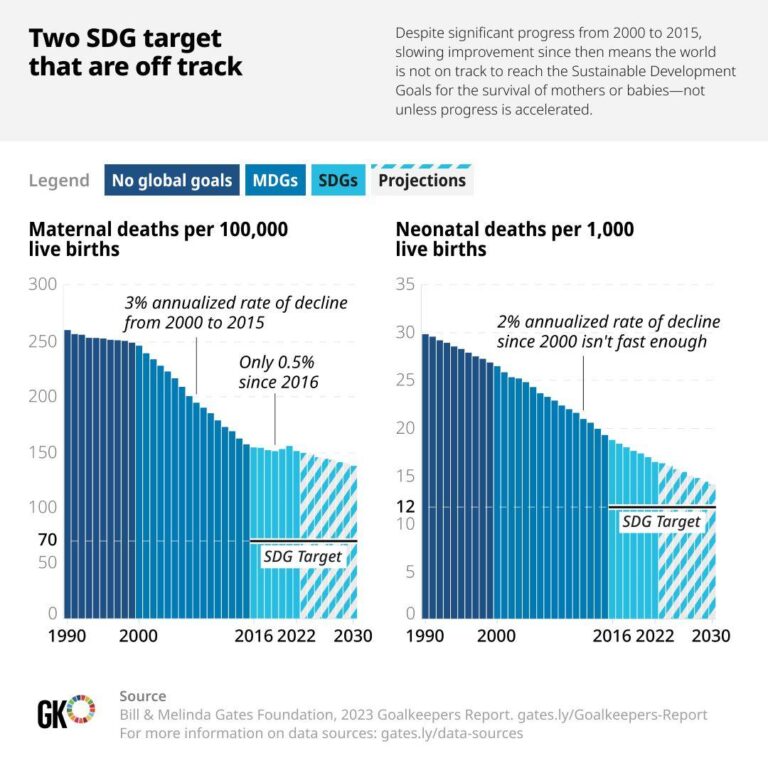Introduction to Maternal Mortality in Nigeria
Maternal mortality remains a significant public health challenge in Nigeria, where the rates are among the highest globally. This staggering reality has sparked numerous initiatives, including the Abiye Project. Efforts to reduce these rates are crucial not only for women’s health but for the overall development of the country.
The Abiye Project Explained
The Abiye Project is a critical initiative launched in Nigeria aimed specifically at reducing maternal and infant mortality rates. By targeting various socio-economic factors and providing essential health services, the project seeks to create a safer birthing environment for women. The need for such a project is underscored by Nigeria’s high maternal mortality ratio, which highlights a systemic failure in the healthcare system.
Key Strategies of the Abiye Project
The project employs several key strategies to achieve its goals, including community outreach, education, and improved healthcare access. One of the highlights of the Abiye Project is its focus on training community health workers to assist in maternal health issues. This grassroots approach ensures that information is effectively disseminated to expectant mothers, saving lives in the process.
Impact and Success Stories
Since its inception, the Abiye Project has reported significant improvements in maternal health indicators. Many communities have experienced a decrease in maternal and infant mortality rates, a testament to the project’s effectiveness in addressing the issues head-on. Success stories from the field highlight the positive changes brought about by the commitment to maternal health initiatives.
Challenges and Future Directions
Despite its successes, the Abiye Project faces ongoing challenges, including limited funding and infrastructural deficits. To sustain and expand its efforts, continuous investment in healthcare infrastructure is essential. The future of maternal health in Nigeria largely depends on the resilience of initiatives like the Abiye Project and their ability to adapt to changing circumstances.
Conclusion
The Abiye Project serves as a model for effective intervention in reducing maternal mortality in Nigeria. As more communities adopt similar strategies, there is hope for a significant decrease in maternal deaths across the nation. For more information on this crucial initiative, visit the Borgen Project website.

